#indian paradise flycatcher
Explore tagged Tumblr posts
Text








Indian paradise flycatcher
The Indian paradise flycatcher (Terpsiphone paradisi) is a medium-sized passerine bird native to Asia, where it is widely distributed. As the global population is considered stable, it has been listed as Least Concern on the IUCN Red List since 2004. It is native to the Indian subcontinent, Central Asia and Myanmar.
Males have elongated central tail feathers, and a black and rufous plumage in some populations, while others have white plumage. Females are short-tailed with rufous wings and a black head.[2] Indian paradise flycatchers feed on insects, which they capture in the air often below a densely canopied tree.
The Indian paradise flycatcher was formally described in 1758 by the Swedish naturalist Carl Linnaeus in the tenth edition of his Systema Naturae under the binomial name Corvus paradisi. The Indian paradise flycatcher is now one of 17 paradise flycatchers placed in the genus Terpsiphone that was introduced in 1827 by the German zoologist Constantin Gloger. Paradise-flycatchers were formerly classified with the Old World flycatcher in the family Muscicapidae, but are now placed in the family Monarchidae together with monarch flycatchers. Until 2015, the Indian paradise flycatcher, Blyth's paradise flycatcher, and the Amur paradise flycatcher were all considered conspecific, and together called Asian paradise flycatcher.
Adult Indian paradise flycatchers are 19–22 cm (7.5–8.7 in) long. Their heads are glossy black with a black crown and crest, their black bill round and sturdy, and their eyes black. Females are rufous on the back with a greyish throat and underparts. Their wings are 86–92 mm (3.4–3.6 in) long. Young males look very much like females but have a black throat and blue-ringed eyes. As adults, they develop up to 24 cm (9.4 in) long tail feathers with two central tail feathers growing up to 30 cm (12 in) long drooping streamers.
#beauty of nature#deathmothblog#nature#wildlife#animals#bird#artists on tumblr#Indian paradise flycatcher
28 notes
·
View notes
Text

Indian Paradise-Flycatcher (Terpsiphone paradisi), white morph
Sighted at Tirupati, Andhra Pradesh, India
#birb#bird photography#birdblr#birdphotography#birdwatching#birblr#birds#bird pics#indian paradise flycatcher#passeriformes#passerines
10 notes
·
View notes
Photo

KUNAL SHAH CAPTURES THE ASTONISHING BEAUTY OF INDIA’S BIRDLIFE
INDIAN PARADISE FLYCATCHER
52 notes
·
View notes
Text

Indian Paradise Flycatcher
#indian paradise flycatcher#paradise flycatcher#flycatcher#Terpsiphone paradisi#Passeriformes#Monarchidae#Terpsiphone#bird#upl
29 notes
·
View notes
Text
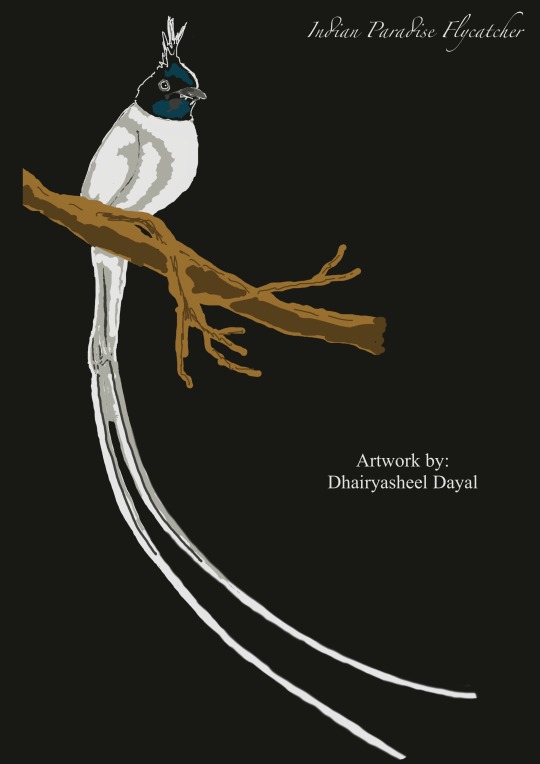
Artwork: Indian Paradise Flycatcher Bird.
#indian paradise flycatcher#art#artwork#drawing#bird#birds#bird art#bird artwork#bird drawing#indian birds#birds of maharashtra#birds of western ghats#western ghats biodiversity#wildlife#wildlife art
13 notes
·
View notes
Text

Day 2, indian paradise flycatcher
1K notes
·
View notes
Text


Golden-crowned kinglet + Indian paradise flycatcher
501 notes
·
View notes
Text

Chetan Vadla
Indian Paradise Flycatcher
Uma Maheswaram, Telangana
151 notes
·
View notes
Photo

“ Indian Paradise Flycatcher “ // Suman Das
1K notes
·
View notes
Text
Blue Birds of Happiness
Blue is an extra-fun color for birds to be, because, as you may have heard, it is not created by a pigment. Blue feathers (and the blue scales on butterfly wings, and the blue irises of some humans) are structural, meaning that the color is created by the physical properties of the living tissue, which are arranged in such a way that they reflect the short wavelengths of blue light. Often this is paired with a dark pigment which absorbs other colors of light and makes the blue 'pop'. Look at all the tints and shades they can make!
Mountain bluebird

2. Himalayan bluetail
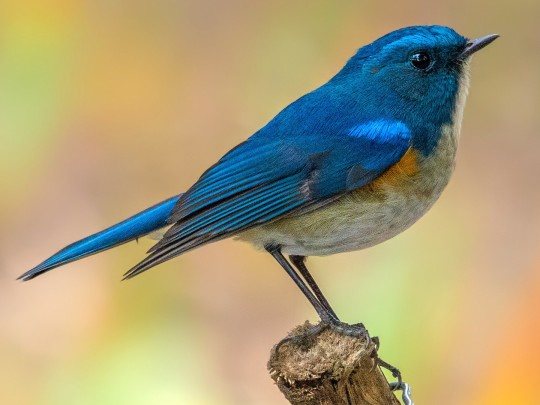
3. Blue nuthatch
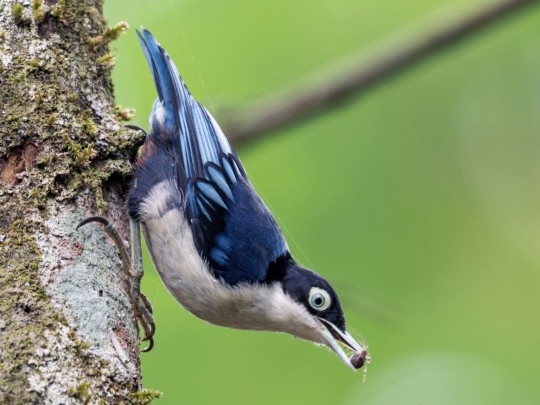
4. Blue jay
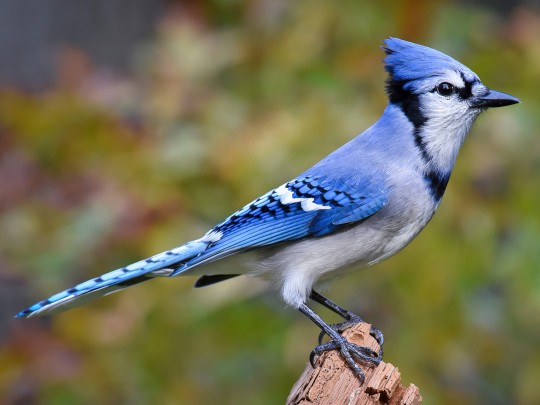
5. Indigo bunting

6. Great blue turaco
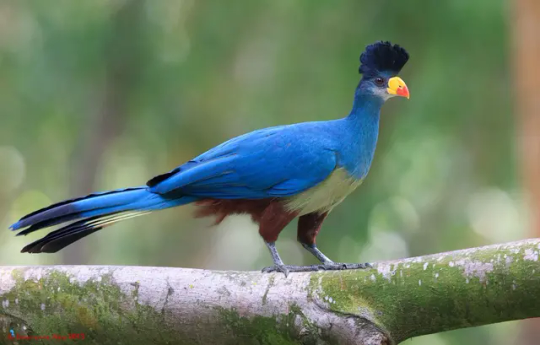
7. Tree swallow
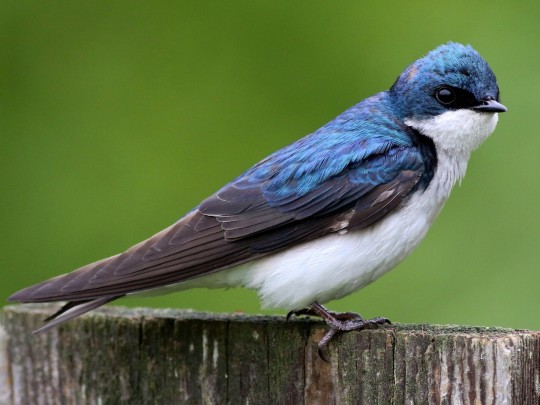
8. Ultramarine flycatcher

9. Hyacinth macaw

10. Glaucous-blue grosbeak
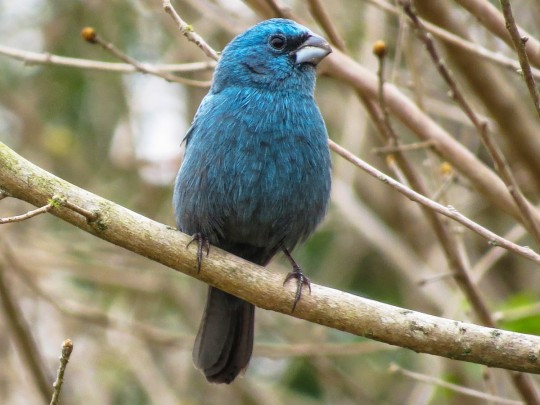
11. Belted kingfisher
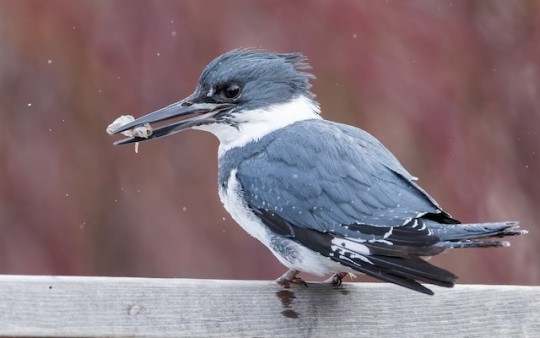
12. Blue dacnis
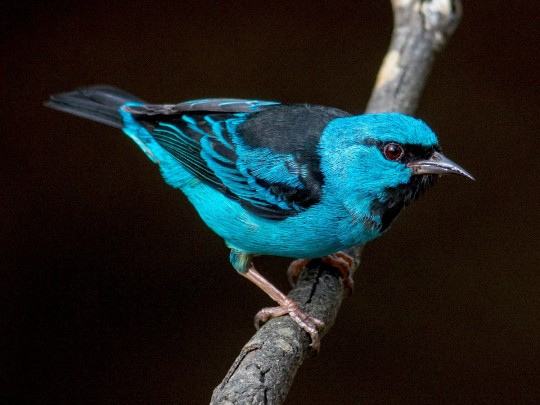
13. Taiwan blue-magpie
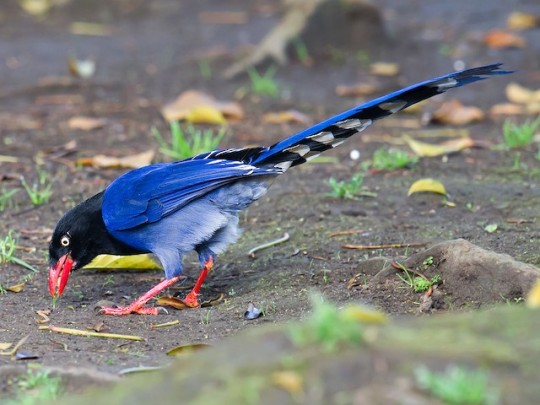
14. Shining honeycreeper
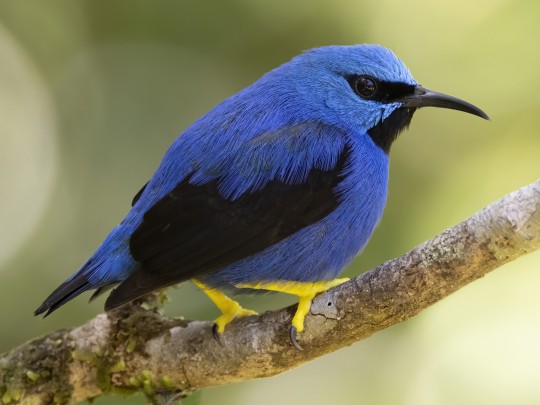
15. Siberian blue robin
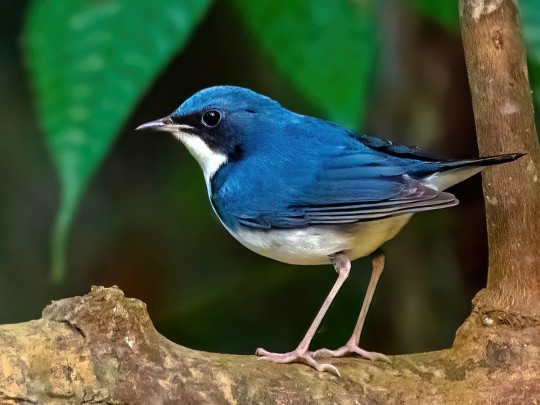
16. Blue whistling-thrush
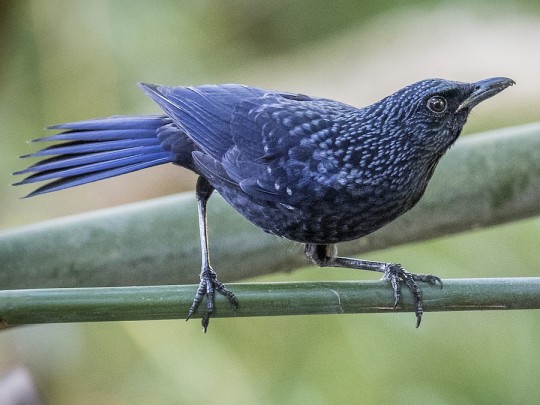
17. African blue flycatcher

18. White-throated magpie jay

19. Black-naped monarch
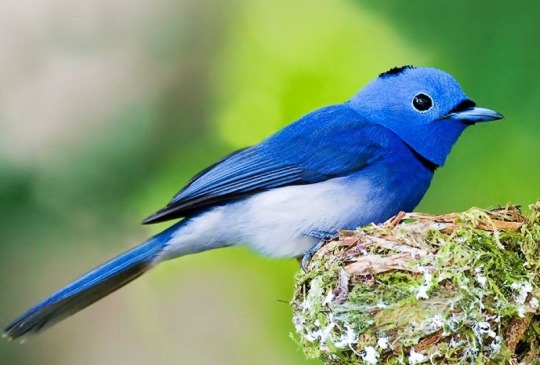
20. Blue paradise flycatcher
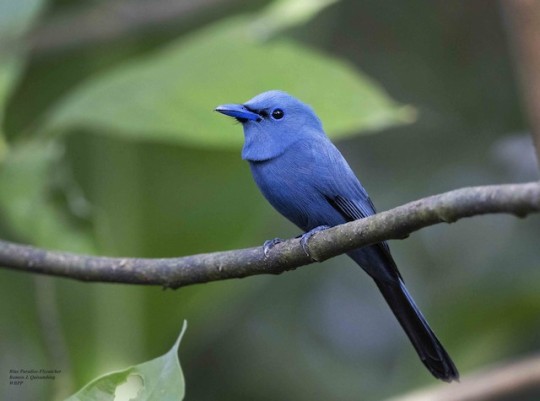
21. Cerulean warbler

22. Woodland kingfisher
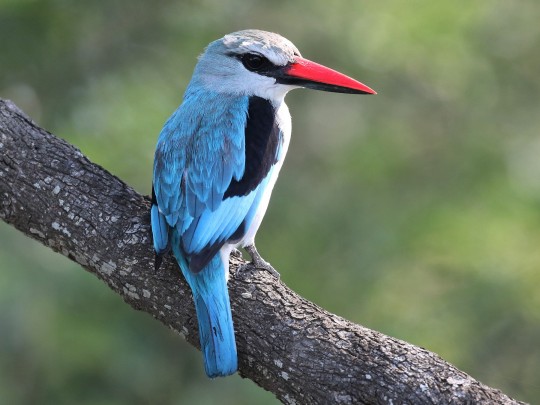
23. Indian peafowl

24. Little blue heron

25. Philippine fairy-bluebird
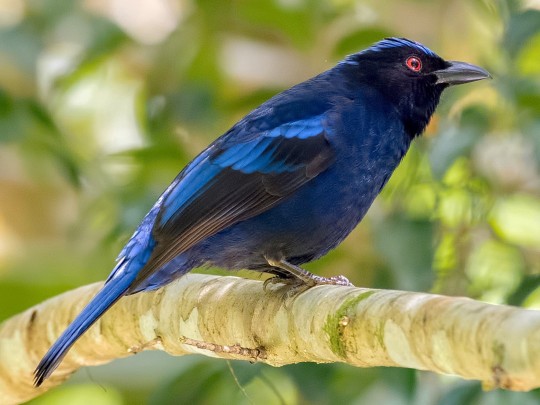
26. Pinyon jay
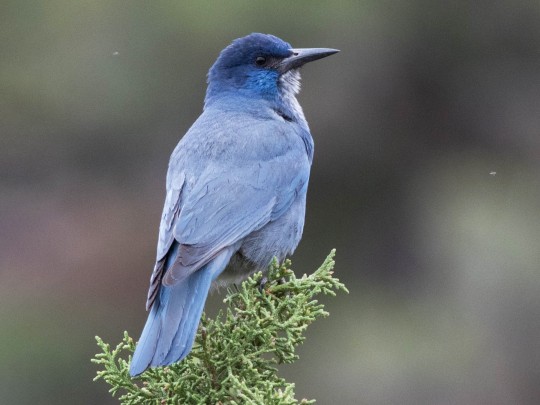
27. Blackish-blue seedeater

28. Plum-throated cotinga
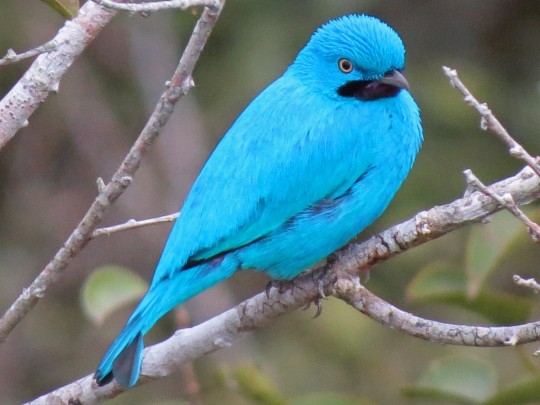
29. Deep-blue flowerpiercer

30. Blue coua
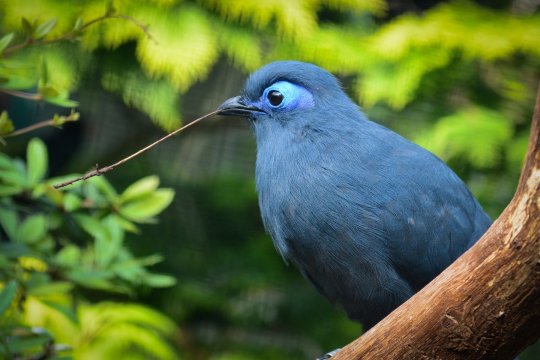
175 notes
·
View notes
Text

Indian Paradise Flycatchers
Terpsiphone paradisi.
Males of this species are typically predominantly white or rufous, like the ones shown in this illustration.
SciArt from John Gould's Birds of Asia, Vol. 2 (1850-1883). View more in Biodiversity Heritage Library with thanks to Smithsonian Libraries and Archives for digitizing.
285 notes
·
View notes
Text


Indian Paradise Flycatcher (male) (Terpsiphone paradisi) sighted at Tirupati, Andhra Pradesh, India
#birb#bird photography#birdblr#birdphotography#birdwatching#birblr#birds#bird pics#indian paradise flycatcher#passerine#passeriformes
11 notes
·
View notes
Text

💖 Sebastian ✨
New OC!! Thanks AzureThePhoenix @ Telegram for commission me personal art~
His name it's Sebastian~ An Indian Paradise Flycatcher [I choose colors similar to the female of that specie, but he's trans male!]
My furry OCs are made with the intention of practice, and for Sebastian I wanted to practice bird anatomy; And in the NSFW part, I also wanted to practice boys with pussy ❤️
He's also open for commissions My OC x OC of my Client!
----- ✦ COMMISSION INFO ✦
✦ KoFi Rewards ✦ ✧ You will get: Early WIP / Early Access / Exclusive Rough Concept WIP / Steps of my Art / HD Downloads / And more! ✧
#drawing#digital#art#illustration#oc#original#character#original character#design#character design#furry#fursona#anthro#bird#avian#csp#clip studio paint#male#men boy#trans#transmasc#trans male
24 notes
·
View notes
Text

Indian Paradise Flycatcher
#indian paradise flycatcher#paradise flycatcher#Terpsiphone paradisi#Passeriformes#Monarchidae#Terpsiphone#bird#upl
25 notes
·
View notes
Text
We with the Long Tail ~
Happy World Wildlife Day!
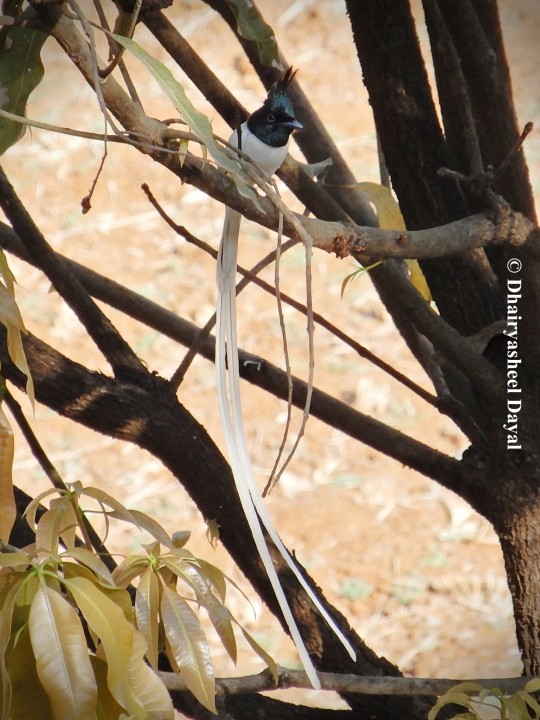
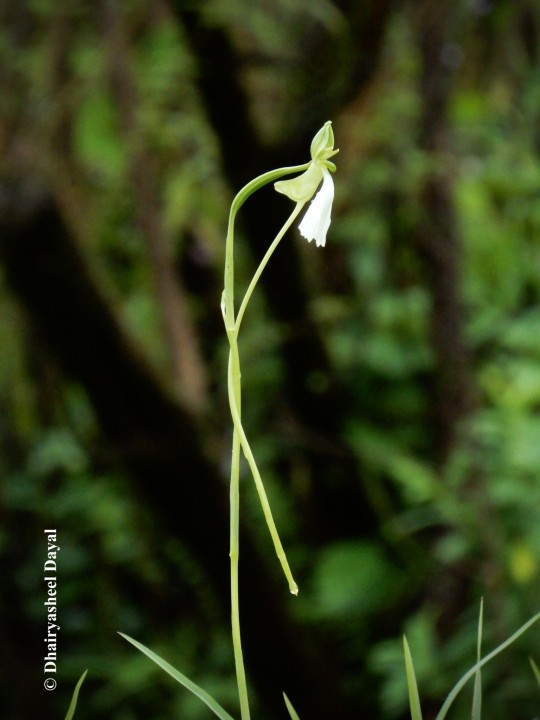
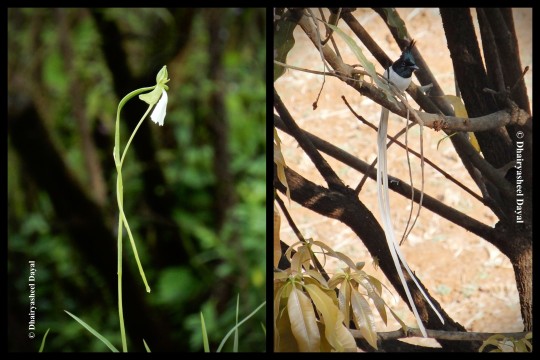
#indian paradise flycatcher#bird#birds#habenarialongicorniculata#habenaria#longtailedorchid#longtail#orchid#orchids#orchidsofwesternghats#orchidsofindia#birdsofindia#birdsofwesternghats#worldwildlifeday#wildlife#biodiversity#biodiversityofwesternghats#biodiversityofindia#birdphotography#white flowers#flower#flowers#flowersoftheworld#photography#wildlifephotography#flowersofindia#flowersofwesternghats#flora#plants
3 notes
·
View notes
Text

Indian Paradise Flycatcher (Terpsiphone paradisi), male, white phase, family Monarchidae, India
photograph by Sanjeeb Dutta
103 notes
·
View notes